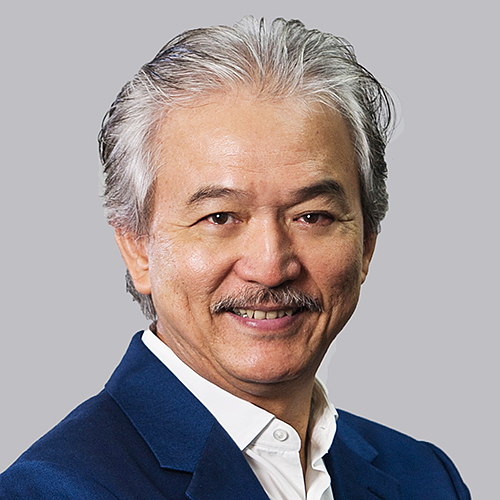The impact of low interest rates and the Covid-19 pandemic on traditional asset classes are pushing more and more high-net-worth individual (HNWI) investors to alternative asset classes like private equity, infrastructure and real estate to generate income from their portfolios.
While investing in alternative asset classes has been available to institutional and private bank investors for years, HNWI and ultra-HNWI investors have mostly preferred the more liquid and higher-income asset classes like equities and fixed income. But with bonds suffering from negative interest rates and equity markets in a tailspin, these investors are becoming more interested in alternatives.
“One trend that is evolving on the high-net-worth side, but has been there for a while on the institutional side, is the use of alternatives for income,” says Shawn Khazzam, J.P. Morgan Asset Management’s head of alternatives solutions for the Asia-Pacific region. “For example, the infrastructure asset class, that’s been an institutional asset class for the last 10 years, but only recently have we started to see that take shape to attract interest from individual high-net-worth investors.
“They are recognizing today that income is not as easily found in the world as they may have been previously,” he adds. “And they need to stretch now into new areas and new asset classes to be able to find that.”
Alternative asset classes can be used as a substitute for core bond portfolios, which currently generate very little, if any income.
“In today’s ultra-low rate environment, the bond universe has changed significantly, with major investment implications for income investors,” Kazzam points out. “US 10-year yields have gone down to approximately 50 basis points, equating to much more muted return expectations. On an average annualized basis over the next 10 to 15 years, we expect only about 1% returns from traditional government bonds, posing a substantial challenge for income-oriented investors.”
This trend, highlighted by the pandemic, has brought heightened investor interest in private market alternatives given the current low to negative bond yields, contraction of the global economy, elevated volatility, rising unemployment that is a challenge to restoring growth, and some signs of bond defaults.
“The reality is that core alternatives are the new bonds,” notes Kerry Craig, global market strategist at J.P. Morgan Asset Management. “The income available from traditional core bonds is shrinking, and we’re seeing negative real yields in the higher-quality fixed-income space.”
By comparison, real assets can deliver in some cases two to three times the income premium of core fixed income with half the volatility of public equities, and non-correlation to both equities and fixed-income. Based on long-term capital market assumptions, over approximately the next 10 to 15 years, Craig expects average annualized total returns of a diversified portfolio of core real assets of 6% to 8%+, with 70%+ of that coming from income.
In terms of risk, core real assets, such as real estate, infrastructure and transport, have less correlation to public markets and to each other, helping to increase portfolio diversification and giving investors an ability to build a global portfolio of local uncorrelated assets.
As well, they are scalable and offer significant premium to bond yields, says Pulkit Sharma, head of real assets and alternative investment strategy and solutions at J.P. Morgan Asset Management. “Core real assets tend to be characterized by a steady and predictable income stream, reliable cash flows underpinned by contractual assets backed by strong counterparties, with a generally low level of volatility and less correlation to public markets.”








